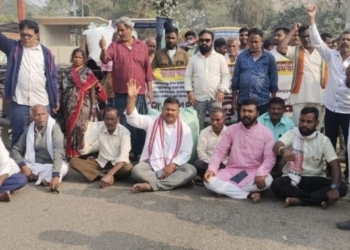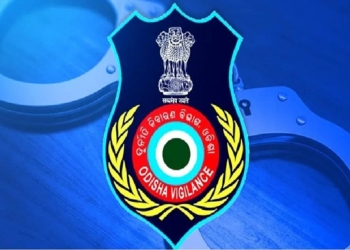With rising temperatures and the onset of summer, the Ministry of Health and Family Welfare (MoHFW) has issued a comprehensive advisory to all States and Union Territories (UTs) for effective heatwave preparedness.
The Centre has urged health authorities to ensure proactive measures to prevent, manage, and monitor heat-related illnesses.
“With the onset of summer, an increase in the exposure to heat, including extreme conditions may occur. Some places of the country have begun witnessing high temperatures.I would like to draw your kind attention to public health and clinical guidelines on ‘Heat and Health’ available on the website of National Centre for Disease Control (NCDC). I request you to disseminate these guidance documents to all Districts for effective preparedness of health departments and health facilities to prevent, manage, and monitor the health impacts of extreme heat. To this effect, an advisory outlining various implementation measures for State/Union Territory (UT) Health Departments in Summer is enclosed,” Health secretary Punya Salila Srivastava wrote in the letter.
From 1st March 2025 onwards, through daily surveillance, patient-level information on clinical diagnosis of heatstroke is being captured on Integrated Health Information Platform (IHIP) for all States/UTS, it stated.
“Health Departments of the States/UTs must continue efforts for sensitization and capacity building of medical officers, health staff, and grass-root level workers on heat illness, its early recognition and management. Training manuals developed by NCDC on these subjects may be used for the training. Further, virtual refresher training sessions on clinical management of heat-related illnesses are being conducted by NPCCHH, NCDC in March 2025. Clinicians, paediatricians, medical officers and relevant public health officials from your State/UT may be encouraged to join these sessions to ensure quality clinical management and surveillance reporting,” the ministry stated.
Key Directives for State/UT Health Departments:
-
Surveillance & Reporting:
-
From March 1, 2025, daily surveillance of heatstroke cases is being conducted via the Integrated Health Information Platform (IHIP).
-
Virtual training sessions have been held to train health professionals in reporting cases.
-
-
Heatwave Alerts & Action Plans:
-
The National Centre for Disease Control (NCDC) is sharing daily IMD heatwave alerts with states.
-
State, District, and City Health Departments must implement Heat-Health Action Plans to coordinate response efforts.
-
-
Health Facility Preparedness:
-
Ensure availability of essential medicines, ORS, intravenous fluids, ice packs, and emergency cooling equipment.
-
Sufficient drinking water and functional cooling appliances must be maintained in critical areas.
-
-
Fire Safety & Energy Resilience:
-
Conduct electrical load audits and ensure fire safety compliance (NOC) in health facilities.
-
Promote solar panel installations, energy conservation, and cool/green roofs to reduce indoor heat.
-
-
Public Awareness & Community Engagement:
-
Utilize IEC materials developed by NPCCHH to educate people on heatwave precautions.
-
States are encouraged to translate advisories into local languages for wider outreach.
-
The advisory aims to strengthen India’s healthcare resilience against extreme heat and safeguard public health. The Centre has expressed confidence that effective leadership at the state and UT levels will ensure timely intervention and mitigation of heat-related health risks.





























